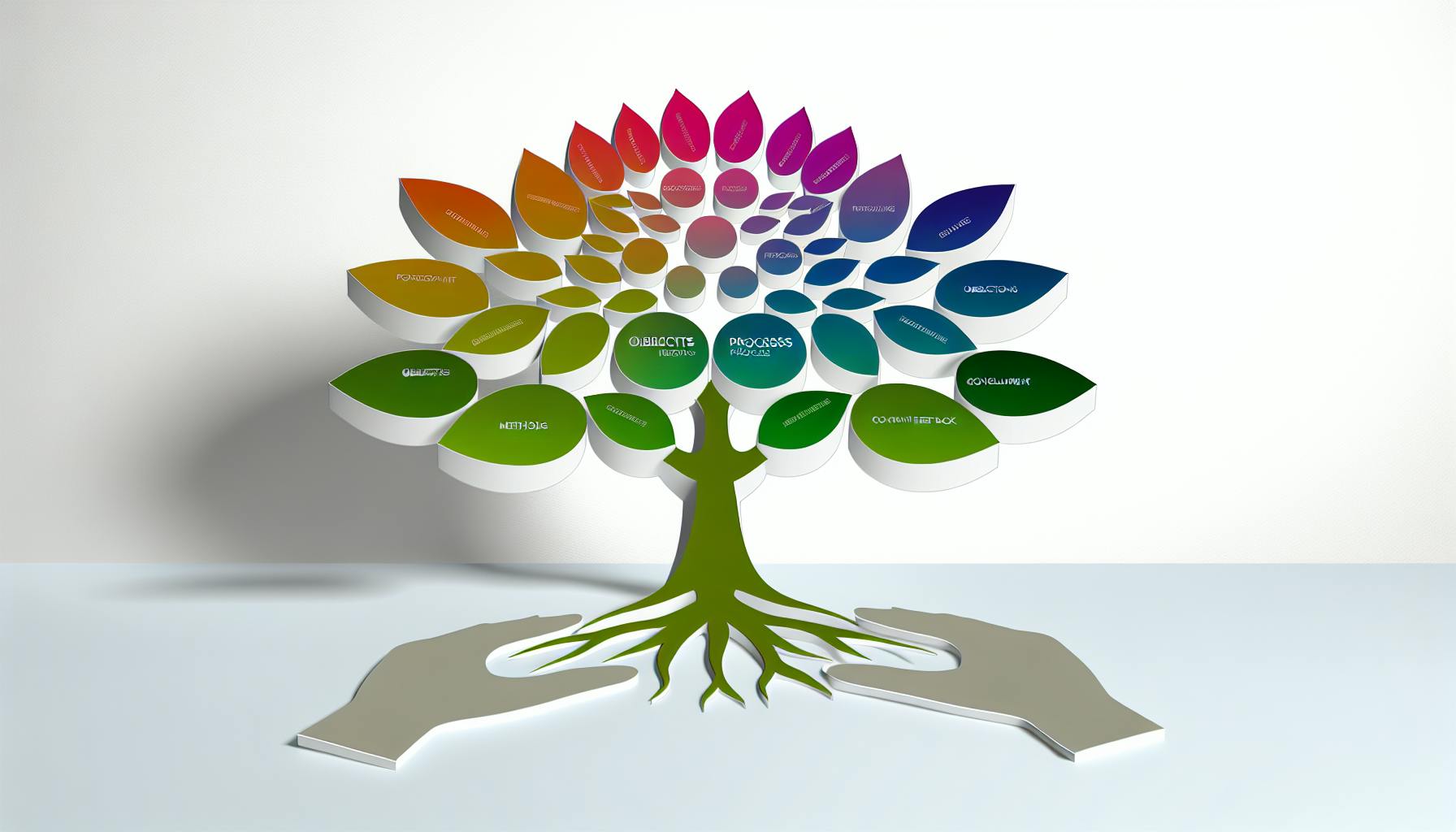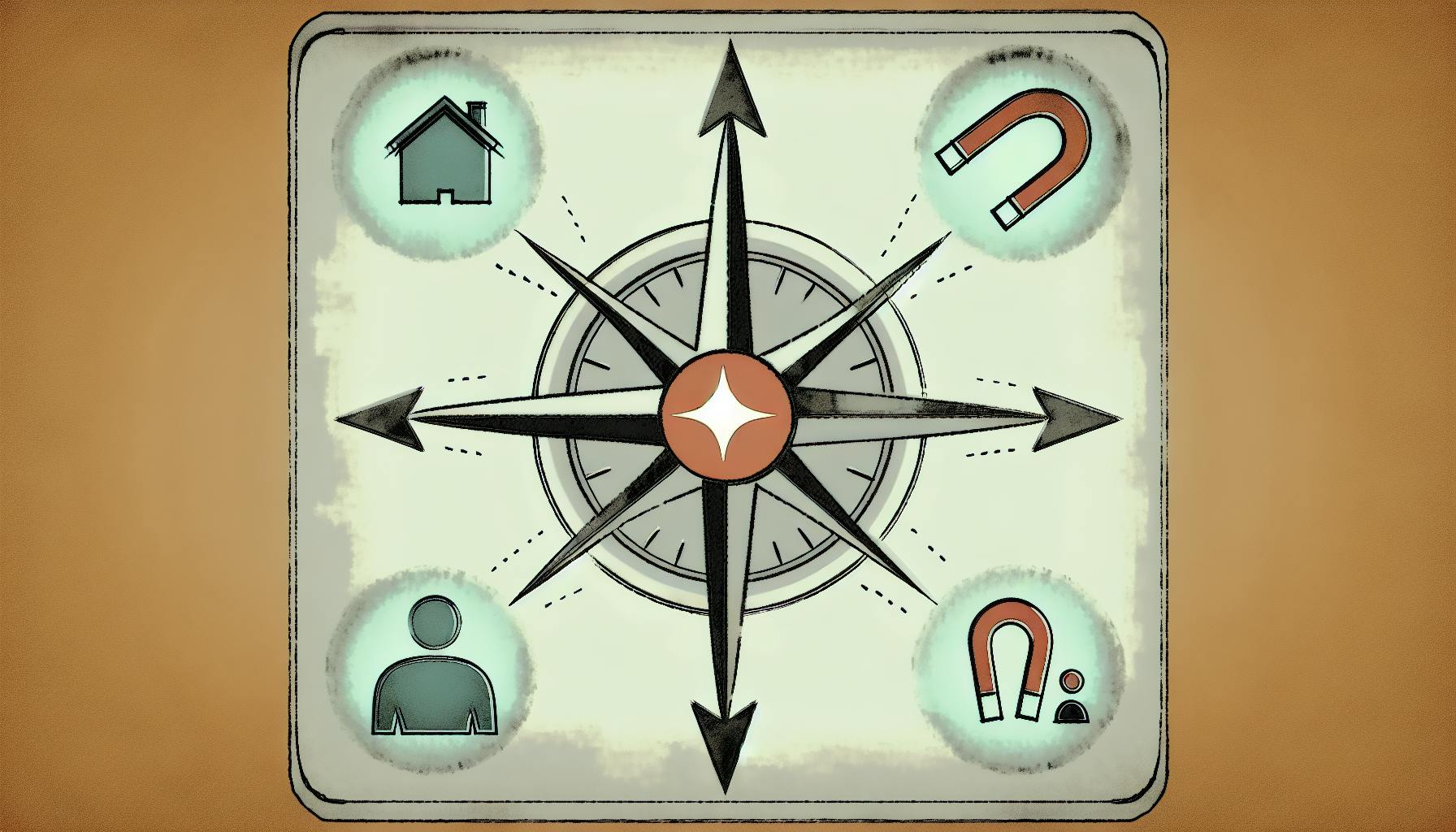Most HR teams are falling behind in the race to master AI tools.
HR teams must prioritize AI literacy now, as CEOs expect results, yet only 1% of HR teams have advanced AI implementation—a gap that presents a game-changing opportunity.
With 63% of CEOs making AI a top priority, HR teams risk being left behind without proper training, especially as only a fraction of them currently utilize AI effectively. Understanding AI is no longer optional; it’s the key to staying competitive in a rapidly evolving workplace.
The Rise of AI in the Workplace
Artificial intelligence has rapidly shifted from a futuristic concept to a present-day necessity. According to McKinsey, 63% of CEOs now list AI implementation as a high or very high priority. These leaders understand AI’s potential to enhance efficiency, improve decision-making, and drive innovation across all business functions.
Yet, when it comes to HR, there’s a glaring gap. Two-thirds of HR leaders admit their teams lack AI literacy, according to SHRM. Even more concerning is that only 1% of HR departments are leveraging AI at an advanced level. This lack of adoption is not just a missed opportunity; it’s a risk. HR leaders who fail to embrace AI tools and insights will find themselves falling behind their peers who do.
AI won’t eliminate jobs. Instead, it will change the expectations placed on HR leaders, raising the bar for strategic thinking, agility, and technical proficiency. Those who adapt will thrive. Those who don’t may find themselves replaced—not by AI, but by leaders who are AI-literate.
AI’s Role in Transforming HR Functions
AI is not here to replace HR professionals; it’s here to make them better. By automating repetitive tasks and delivering actionable insights, AI empowers HR teams to focus on higher-value activities. This shift is critical for an HR function that increasingly needs to align with business strategy and prove its impact.
1. Talent Acquisition
Recruiting is one of the most time-consuming responsibilities for HR, but AI is changing that. Tools powered by AI can analyze job descriptions, screen resumes, and even predict a candidate’s likelihood of succeeding in a role. This automation reduces time-to-hire and increases the quality of hires by minimizing human bias and error.
AI is also enhancing diversity and inclusion in recruitment. By focusing solely on skills and qualifications, AI tools help eliminate unconscious bias, giving organizations a competitive edge in building diverse teams.
2. Employee Engagement and Retention
Understanding what drives employee satisfaction has traditionally been a challenge for HR teams. AI-powered sentiment analysis tools can evaluate employee feedback in real-time, identifying trends and pinpointing areas of concern before they escalate.
AI also enables personalized employee experiences. Platforms can analyze individual performance and preferences to suggest tailored career development opportunities, helping to keep employees engaged and motivated.
3. Workforce Planning and Analytics
AI excels in predictive analytics, allowing HR teams to forecast talent needs, identify skill gaps, and plan for future workforce challenges. These insights enable HR to play a proactive role in business planning rather than reacting to problems as they arise.
4. Personalization in Career Development and Upskilling
AI is revolutionizing career development by delivering tailored learning and growth opportunities to employees. Using advanced analytics, AI can identify individual skill gaps, recommend targeted training, and map out career progression paths aligned with both employee aspirations and organizational needs.
These tools allow HR teams to provide personalized upskilling programs, ensuring that employees gain the skills required for evolving roles. AI also enables real-time tracking of industry trends, ensuring training content stays relevant and forward-looking. This level of customization not only boosts employee engagement but also helps organizations build stronger internal talent pipelines.
Organizations that fail to adopt AI in this space will struggle to meet employees’ expectations for personalized development and risk losing top talent to more forward-thinking competitors. By embracing AI, HR leaders can create meaningful career growth experiences that drive retention and position their workforce for long-term success.
The Risks of Falling Behind
The consequences of ignoring AI are significant. As CEOs demand results, HR leaders who lack AI proficiency risk losing their influence within their organizations. They may struggle to provide the data-driven insights that executives now expect, diminishing HR’s role as a strategic partner.
1. Missed Opportunities in Decision-Making
HR teams that fail to adopt AI miss out on the opportunity to leverage advanced analytics for decision-making. For example, without predictive analytics, HR leaders may struggle to anticipate future hiring needs, leaving their organizations vulnerable to talent shortages.
2. Declining Employee Satisfaction
Traditional tools like annual surveys often fail to capture the nuances of employee sentiment. Without AI-powered tools, HR teams risk missing critical feedback that could improve workplace culture and prevent turnover.
3. Competitive Disadvantage
Companies that lag in AI adoption will find it harder to compete for top talent. Candidates increasingly value personalized experiences and seamless processes, which AI can provide. Organizations without these capabilities will struggle to stand out in a crowded market.
4. Job Obsolescence for HR Leaders
Progressive HR leaders understand the stakes: CEOs are prioritizing AI adoption and HR departments that lag behind risk being sidelined. Those who fail to embrace AI-driven strategies may find themselves replaced by forward-thinking leaders who can align HR practices with business priorities in the AI era.
Why AI Literacy Is Critical for HR Leaders
AI literacy is no longer a “nice-to-have” for HR—it’s essential. CEOs are making AI a priority, and HR leaders must rise to the occasion by equipping their teams with the necessary skills and knowledge.
Bridging the Gap
The current lack of AI literacy in HR presents both a challenge and an opportunity. For forward-thinking leaders, the gap is a chance to differentiate themselves and their organizations. By building AI capabilities, HR teams can enhance their strategic value and position themselves as indispensable partners in achieving business goals.
The Competitive Advantage of Early Adoption
With only 1% of HR teams using AI at an advanced level, the field is wide open for early adopters to lead the way. By embracing AI, HR leaders can transform their teams into innovators, driving efficiency, enhancing employee experience, and delivering measurable business impact.
Building AI Literacy in HR
Becoming proficient in AI doesn’t require an overnight transformation. HR leaders can take the following steps to begin their journey:
1. Educate and Train
Investing in education and training is the first step. Online courses, certifications, and workshops can provide a foundational understanding of AI and its applications in HR.
2. Start Small
HR teams don’t need to implement AI across every function immediately. Starting with small, focused pilot projects—such as automating resume screening or using sentiment analysis for employee feedback—allows teams to test the waters and demonstrate value.
3. Collaborate with IT
HR doesn’t need to navigate AI implementation alone. Partnering with IT departments can provide the technical expertise needed to select, integrate, and maintain AI tools.
4. Focus on Change Management
Introducing AI is as much about people as it is about technology. HR leaders must address employee concerns, communicate the benefits of AI, and create a culture that embraces innovation.
5. Leverage External Expertise
Partnering with consultants or vendors specializing in AI for HR can accelerate the learning curve and ensure successful implementation.
The Future of HR in an AI-Driven World
The future of HR is not about competing with AI; it’s about collaborating with it. By integrating AI into their workflows, HR teams can enhance their efficiency, improve decision-making, and focus on strategic initiatives that drive organizational success.
Shaping the Role of HR
As AI becomes more embedded in the workplace, the role of HR will continue to evolve. Routine administrative tasks will increasingly be handled by technology, freeing HR professionals to focus on areas that require human judgment and creativity.
For example, HR leaders will spend more time on:
Designing personalized employee experiences.
Building agile workforce strategies.
Driving diversity, equity, and inclusion initiatives.
Staying Ahead of the Curve
HR leaders who invest in AI literacy today will be well-positioned to lead in the future. By staying ahead of the curve, they can ensure their teams remain relevant and valuable in an increasingly AI-driven workplace.
Conclusion
AI isn’t replacing jobs—it’s replacing mediocre HR. The expectations placed on HR leaders are evolving, and those who fail to adapt risk being left behind. However, for those who embrace AI, the opportunities are immense.
From enhancing talent acquisition and employee engagement to improving workforce planning and analytics, AI has the potential to revolutionize HR. The time to act is now. Equip your HR team with the AI skills they need to lead, not lag—start training today.
By prioritizing AI literacy, HR leaders can position themselves as strategic partners, drive innovation, and secure their relevance in a rapidly changing business landscape. The future of HR is here, and it’s powered by AI. Don’t wait to get started.
Our AI training program equips HR teams with the tools and knowledge to integrate AI into their strategies effectively, transforming talent management, employee engagement, and workforce planning. Through hands-on sessions and tailored guidance, participants learn to identify AI opportunities, mitigate risks, and drive measurable outcomes. Prepare your HR team to lead in the AI era—explore our training today!

